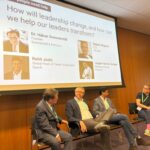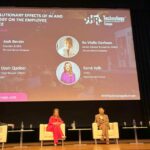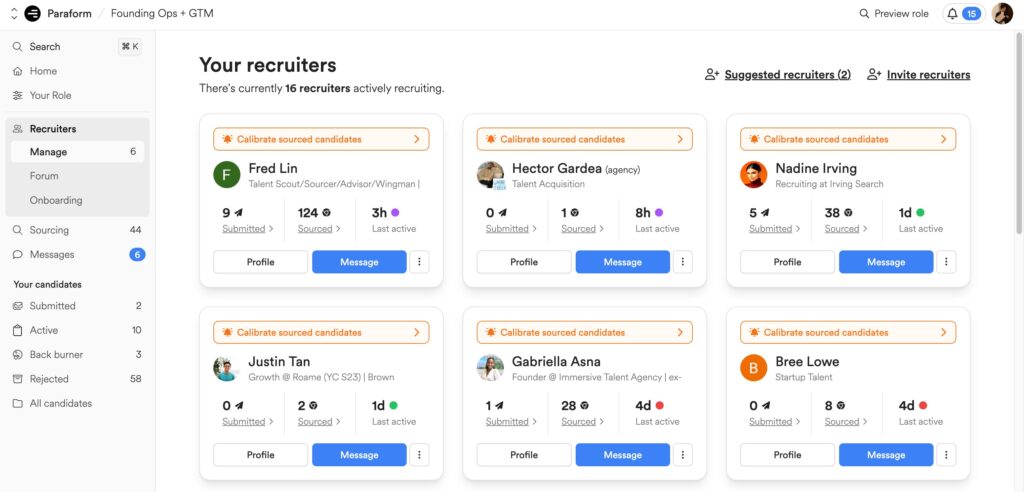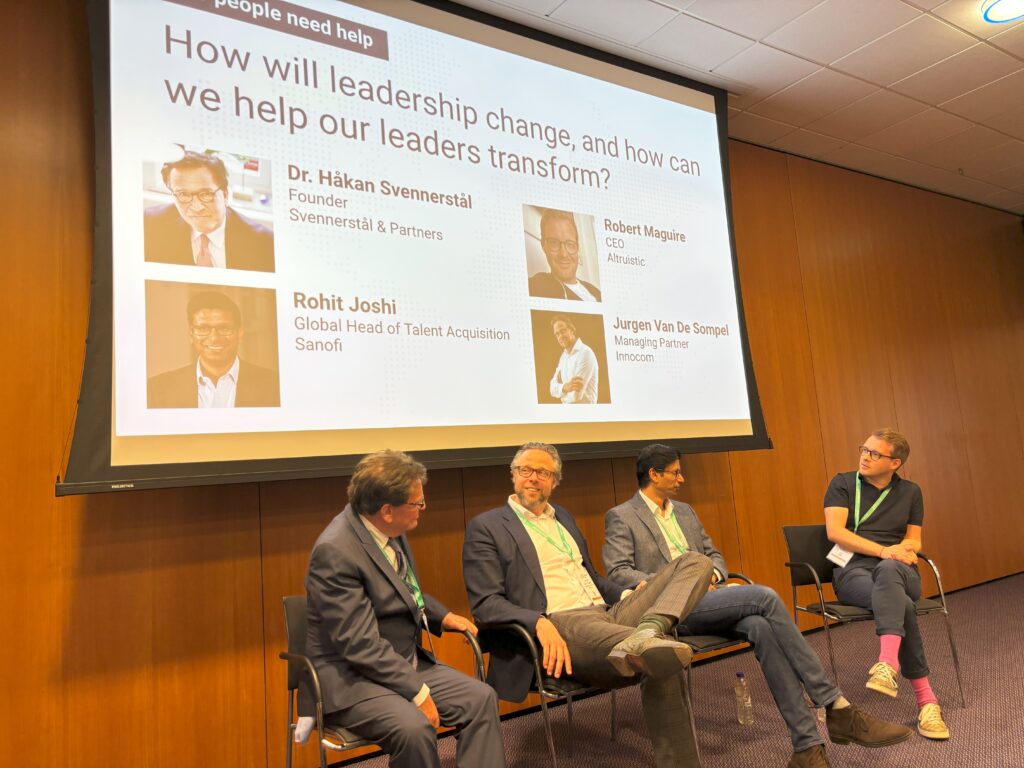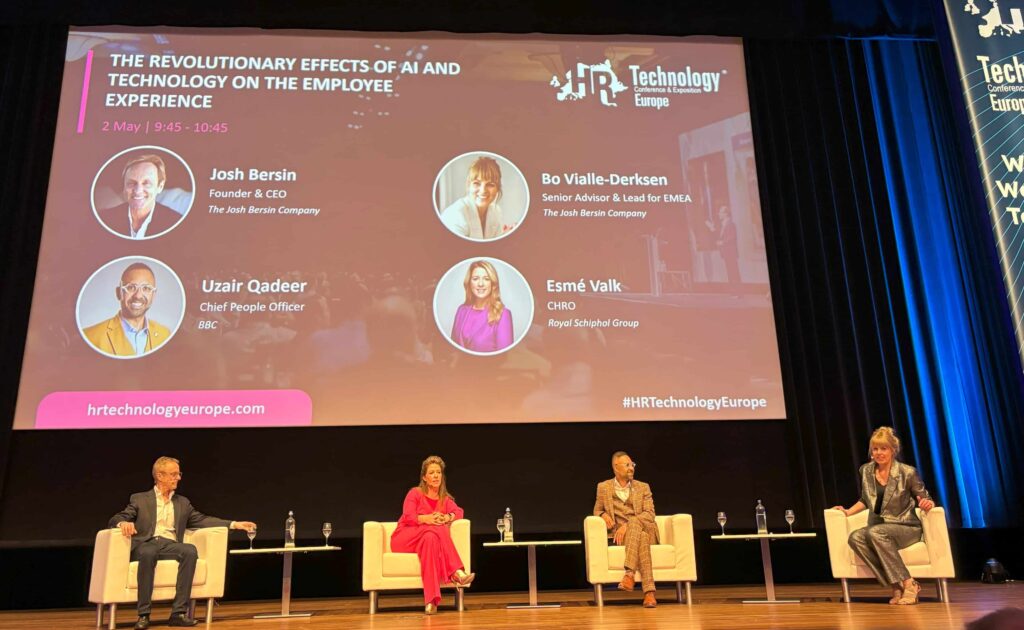Industry players and HR leaders who hope to plan ahead in today’s quickly changing world of work can use fresh insight from a study of over 16,000 employees, managers and human resource decision-makers called Global Futures: The Workplace of Tomorrow, as Told by the Workforce of Today.
In partnership with YouGov, Indeed conducted the survey across 11 countries—Australia, Belgium, Canada, France, Germany, India, Italy, the Netherlands, Singapore, the United Kingdom and the United States.
The report gathers insights into how respondents perceive technology and anticipate long-term workplace adaptation. It’s packed with sentiments on how people around the world feel about the impact of technology on their jobs. For instance, when questioned about their confidence in adapting to changes in their roles driven by emerging tech, nearly nine out of 10 expressed that they are “fairly” or “very” confident.
Respondents largely indicated that artificial intelligence surpasses humans’ ability to perform data analysis, routine tasks, precision, impartial decision-making, problem-solving and content creation. They think people are better at critical thinking, customer service and emotional intelligence.
According to the YouGov data, almost two-thirds of respondents believe that AI and automation will expedite the recruitment process, with half anticipating a positive impact on talent acquisition. When the data is sliced and diced, global HR leaders hold this belief even more firmly than other segments of respondents.
Based on recent conversations I’ve had with business and HR leaders, employees and leaders are both paying attention to all things AI. Experts suggest that now is the time to ensure that everyone at work learns what artificial intelligence is, what it can do, how generative tools differ from automation and robotic processing, and how to identify authenticity.
For decades, many organizations and their HR teams have utilized AI-based capabilities for tasks such as job matching, candidate fit prediction and data analysis. Despite the widespread, org-level adoption of AI, a growing need exists to help employees better understand and leverage this technology at the individual level.
According to the Indeed and YouGov report, the question arises: Who should shoulder the responsibility of this educational initiative? Interestingly, two-thirds of the respondents believe that HR teams should play a role in reskilling and upskilling employees to meet the demands of future jobs.
“With many seeing HR as the very department to upskill staff members and usher in a bold, technological future, there is also the risk HR leaders will carry the strain of navigating many people’s evolving roles, as well as their own,” write the report’s authors.
HR in action
Qualtrics has appointed Gurdeep Singh Pall as its first president of AI strategy. With his 30-year experience at Microsoft, including designing Microsoft’s OpenAI partnership, Pall will steer the firm’s AI endeavors fueled by the org’s extensive database of human sentiment.
Google Cloud has introduced new courses and certificates in generative AI, cybersecurity and data analytics. Trainees can access hands-on labs and fast-track their interviews with hiring partners—U.S. Department of the Treasury, Rackspace and Jack Henry.
HR platform HiBob recently launched Bob Hiring, an integrated applicant tracking system. It promises to streamline the interaction among finance, talent acquisition and business planning departments throughout all recruitment and HR procedures.
People analytics platform Visier recently launched Vee, its AI assistant, for all customers. Vee provides instant answers to workforce queries, is enabled by Microsoft Azure OpenAI Service and will integrate Microsoft Teams.
Recruiter marketplace Paraform has raised $3.6M in seed funding from investors, including A*, founded by Eventbrite co-founder and Airbnb’s first investor, Kevin Hartz, and DoorDash co-founder Evan Moore.
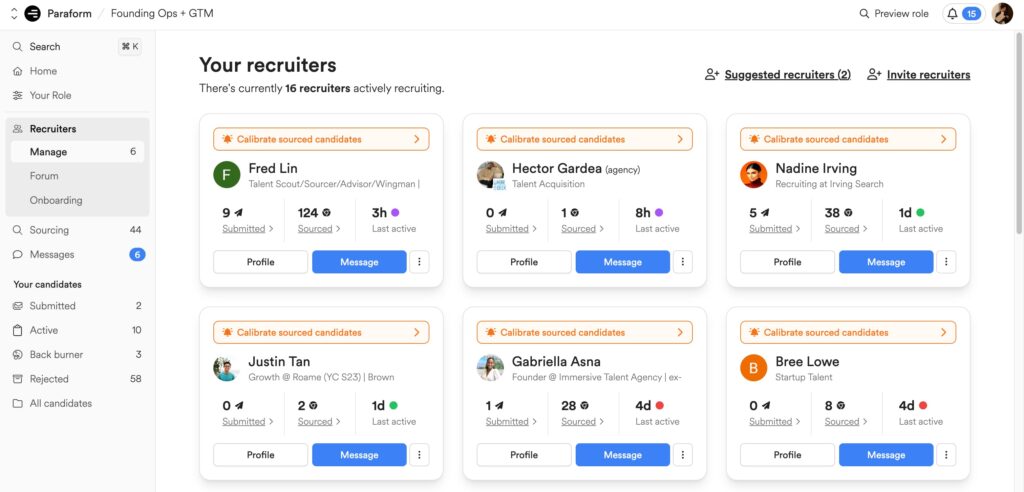
More from HRE
Workforce changes don’t have to harm women and other vulnerable people. Mercer’s Jess Von Bank says HR leaders can design the deployment of technological innovation to prevent harm, but it starts with awareness and acknowledgment of employees’ valid fears and realities.
Much of the conversation around AI’s impact on the organization involves changes to the workforce. Whether it’s better efficiencies, effectiveness, productivity, acquiring new talent or upskilling existing talent, i4cp’s Keven Oakes says the focus is squarely on the area of the business in which HR leaders are expected to be experts.
The complexities of managing pay across different regions have led many orgs to adopt multiple payroll solutions. However, this decentralized approach often results in challenges, according to a January 2024 Forrester x Deel survey of over 300 global payroll decision-makers.
The post The future workplace: Perspectives from 16K employees & HR leaders appeared first on HR Executive.
